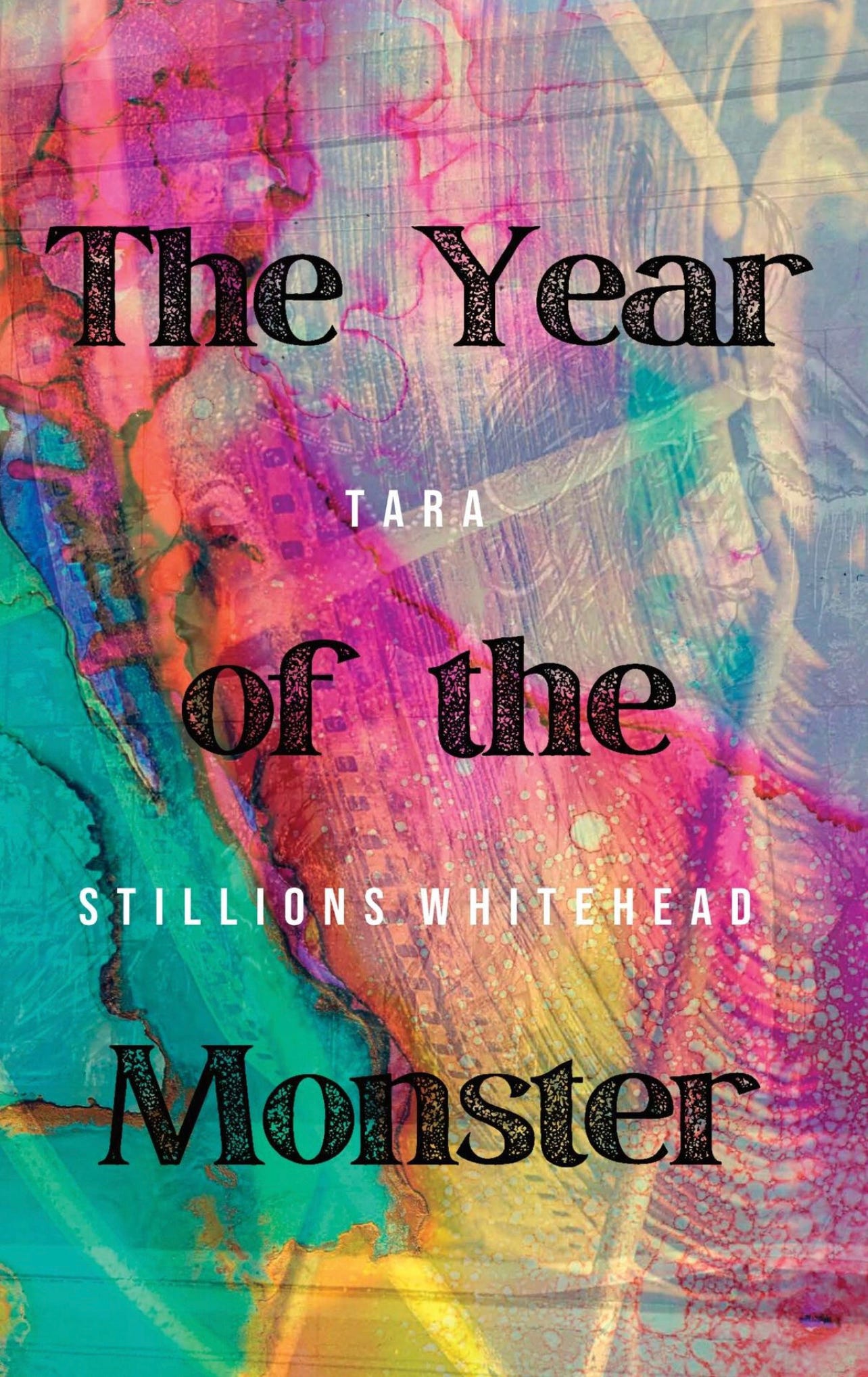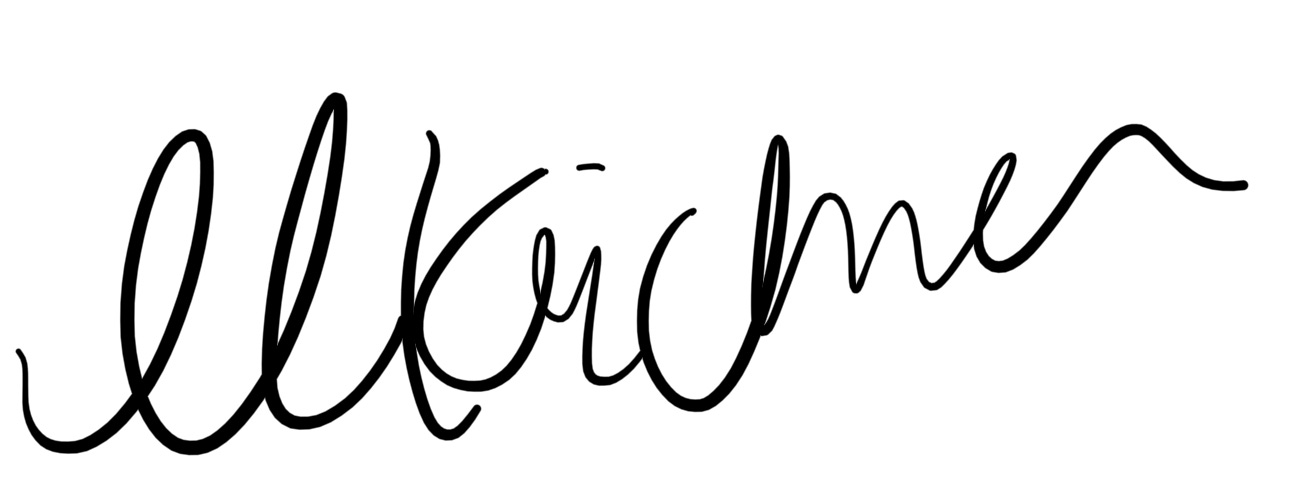Notable October: Hurricane Ian Had Consequences
Getting unstuck from the fight-or-flight response
Hello! Yes, I’m still here. Late. Better than (n)ever!
First, here in St. Petersburg we were spared Hurricane Ian’s direct path. Many weren’t. My heart goes out to them, especially since I spent a week thinking I was about to be in their position. In my case, the consequences of Hurricane Ian were far more mental and emotional than physical.
As I told a friend, “Nothing happened, but I’m having a really hard time getting back on track. It feels like the worst kind of high-class problem.”
She stopped me there. “You’re feeling what you’re feeling. It’s legitimate. Pretending you don’t feel the way you feel won’t make it go away.”
Yes! I thought. But why is that?
And so, though I meant to write about the Author’s Guild conference I attended last month, which I still might, I’m sharing what I uncovered about why we can’t just force our feelings into submission.
First and foremost, emotions aren’t neutral experiences. D’uh, you may rightly think. But I mean this on an energetic level. Avoiding feelings is an effort because the body responds to emotions automatically. Such responses can include increases and decreases in heart rate and temperature, altered blood flow (when we blush or turn pale), sweating, and digestive issues.
In the past, these reflexes have been of interest primarily to psychologists. More recently, however, they’ve been recognized as baseline givens and used to guide other research, such as AI.
Much like our emotions — which are housed in the limbic section of the brain, the amygdala — these physical responses aren’t under conscious control. This is especially problematic for those of us who are more sensitive than others.
Not only do these reactions occur, they happen before we’re even aware an emotion has been triggered. No matter what tool we use to push away uncomfortable feelings — whether it’s scrolling, binge watching, or (my pick) denial — it doesn’t alter what has already happened within the body.
Say you’re at a restaurant and sorrow pierces your consciousness. You might have no idea why. It’s out of context. Not now, tears! you tell yourself. I’m on a first date here. You weren’t thinking about your late mother, and might not even be conscious you’ve just smelled her favorite perfume (or seen someone with the same hair color, etc.), but the hit to your physiology is the same.
Studies show that suppressing our emotions repeatedly amplifies them. The body is not meant to sustain the fight-or-flight response. Whether that suppression effort is causal, further studies show that, over time, blunting feelings multiplies the problems. Ongoing stress has been shown to be responsible for everything from mental ills to physical problems such as heart disease, insomnia, and autoimmune disorders. Continuous stress has also been linked to changes in gut bacteria, which in turn can influence mood.
Instead of rejecting feelings, recognizing them helps deactivate their emotional charge. But that doesn’t mean just leaning into the feelings. It’s possible to be overly aware. I was.
I was living in Qatar when I got a divorce I thought I didn’t want. Wanting to understand what had gone wrong so I wouldn’t repeat the mistake, I became obsessed with excavating emotions.
When I returned to Qatar three years later for another job, I was suddenly mired in sights and smells unique to that place — women at the mall, wrapped head-to-toe in black floating past Victoria’s Secret ads, a whiff of incense mixing with the aroma of Starbucks. I was not ready for the constant triggered. Not because I lacked awareness of my feelings, but because I was steeped in them.
I learned it was better to have a plan.
More recently, I’ve been in book deadline mode. I stress ate my way through not sleeping — who can sleep with all this work to do? — and tried covering up my joint pain with a bunch of incredibly expensive CBD topicals. But when I noticed my heart rate was elevated, I took action.
When stress feelings arise, it’s less important to know why in a given moment (as opposed to when you’re doing the deep work of discovery) than it is to recognize and honor them without getting stuck. Friends, mentors and coaches can help. But nothing is as readily available as self-soothing. These are practices you can bake into your day, so that at peak stress it’s a matter of adding rather than starting from zero.
In the case of the hurricane and my house I named the anxiety about losing my home on top of the grief over losing my last remaining parent, and followed that up with yoga nidra (at least twice a day for a few days). I also booked an aromatherapy massage. Now I’m back on track.
I promise to write more about self-soothing because clearly it’s something I must still remind myself I can do, but in the meantime here are some tips for practicing. (FYI, I rejected a lot of articles like this as I, personally, have found some advice — like doing affirmations — can start a negative internal loop.)
Do you allow negative emotions? What have you learned from doing the work? Saying “yes, and” to it all?
What I’m Listening To
This poem from David Whyte is music for the soul, a self-soother in its own right. Click the image to have a listen. Tell us what you think!
What I’m Reading
Were you as CHUFFED as me to learn that a memoirist had been awarded a Nobel Prize in literature? As the New York Times put it, “It was a striking choice by the Nobel committee to honor a writer whose work is woven from intensely personal and often ordinary experiences.” Ahem.
Anyway, Annie Ernaux has been awarded the prize for her body of work, none of which I’ve read. Now I must right that. I’m dithering over which book to read since my TBR pile is high —Shame or A Frozen Woman or something else?? Which book of Ernaux’s are you planning to read?
One book I am reading, which I sense shares tone and themes with Ernaux, is Tara Stillions Whitehead’s Year of the Monster. I highly encourage picking this up. It’s brilliant, and so layered it’s tricky to quote, but here’s one line I teased out: “Two days into a cocaine bender and atomized by loneliness and desire, he perches at the edge of your bed and recites Billy Collins poems until you have to leave for work.”
Click the book to find it at your favorite local bookstore:
Free Reads for You
I’m participating in another swap, hoping to reach new audiences before my next memoir comes out. For a limited time, check out these free books by other authors (and me!) here.
Craft Tip
I found it notable (and so Notable-worthy) that I came across three separate pieces in the last month that all dealt with constraint, albeit through very different lenses. Far from limiting creativity, limits can spark radically new approaches.
In a recent newsletter from John August (which is points to a 2009 episode of his podcast, Scriptnotes), he broke down various ways to impose plot on a confined setting. I loved reading how this master of story developed entirely different dramas that could be applied to one limited world.
It reminded me of this piece, featured in August’s Inneresting newsletter, which illustrates how constrained settings can lead to stories that will resonate for decades.
Taken together, these articles made me think how my pandemic short, Inside Hope, about a woman forced to reckon with two lovers stuck in one apartment building, could be reworked outside the pandemic setting. #nerdgasm But who knows if I’ll rework it; that version won awards so maybe best leave well enough alone.
And finally, the Brevity blog also featured a piece on constraint, by writer Amy Goldmacher. In it, Goldmacher points out how limits can inspire creativity. Check it out, it even comes complete with prompts to help you approach whatever you’re working on from a new angle, like a 340-word count limit.
What’s inspired you lately?
xo
*A brief FYI, none of these are affiliate links. I share content I find that’s, in a word, notable.







